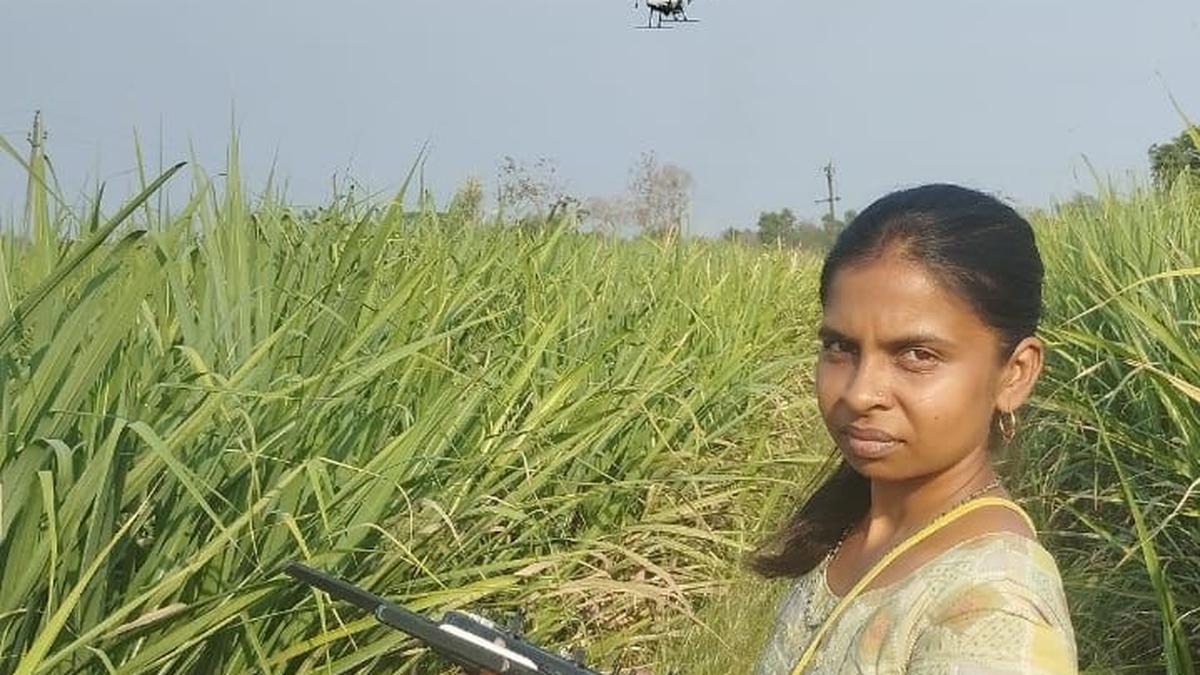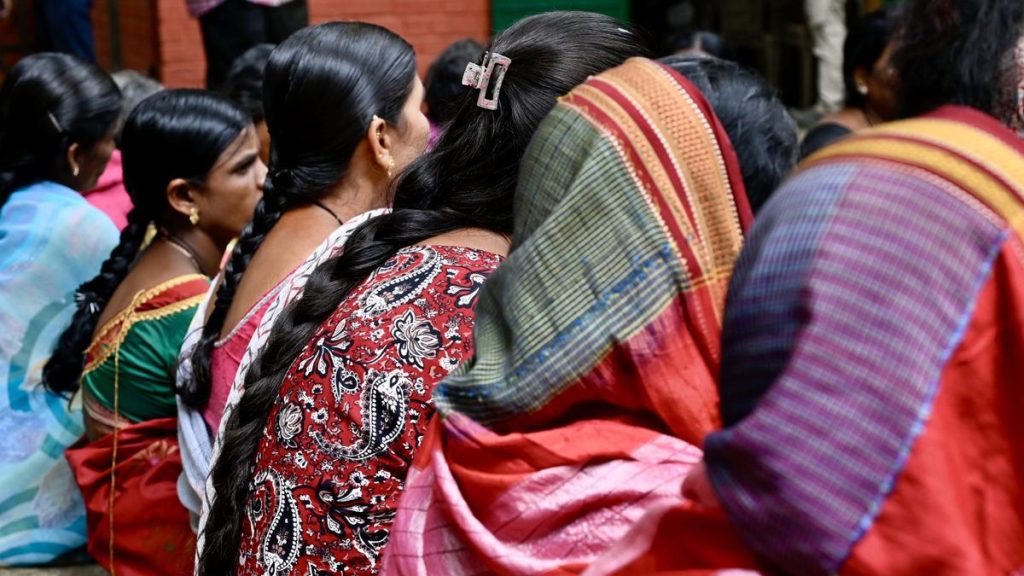Now Reading: Gujarat Hits 5 Lakh Women Entrepreneurs, Aims for 10 Lakh Target
-
01
Gujarat Hits 5 Lakh Women Entrepreneurs, Aims for 10 Lakh Target
Gujarat Hits 5 Lakh Women Entrepreneurs, Aims for 10 Lakh Target

Quick Summary
- Gujarat has recorded over 5.96 lakh women earning more than ₹1 lakh annually under the union government’s Lakhpati Didi scheme, launched in 2023.
- The initiative targets empowering three crore women nationwide by 2027 through self-employment and income-generation activities linked to self-help groups (SHGs).
- In Gujarat, a goal of enabling 10 lakh women to achieve this annual income level has been set.
- Support provided includes skill training, financial assistance, marketing aid, and access to welfare schemes.
- Income is calculated by combining earnings from farm/non-farm work, wage employment, family members’ income contributions, and commissions/honorariums.
- Over 10.74 lakh potential beneficiaries identified using Digital Aajeevika Register as of July 2025; the platform tracks livelihood activities, income data, and expenses for personalized support.
- Gujarat employs a network of trained Community Resource Persons (CRPs) guided by Master Trainers at taluka levels; CRPs assist SHG women with business development advice and scheme linkages.
- Success stories include beneficiaries like Ankitaben Patel from Surat district’s Mahuva taluka who earned ₹2 lakh annually since becoming a drone pilot in crop protection.
Indian Opinion Analysis
The Lakhpati didi scheme demonstrates evolving strategies for rural empowerment among Indian women through targeted self-employment initiatives. Gujarat’s progress showcases effective use of grassroots networks such as SHGs supported by digital tools like the Digital Aajeevika Register.This efficient collaboration between state agencies and local resources seems promising for addressing economic disparities among rural communities while leveraging emerging technologies like drones.
However, sustaining momentum toward meeting aspiring targets-three crore beneficiaries nationwide by 2027 or even ten lakh in Gujarat-will likely require consistent resource allocation alongside robust monitoring mechanisms complemented by digital tools. Success stories such as Ankitaben Patel highlight how innovative approaches can redefine gender roles in traditional industries like agriculture. Continued scalability across varied socio-economic contexts might prove pivotal both statewide and nationally.
Read More: Link























